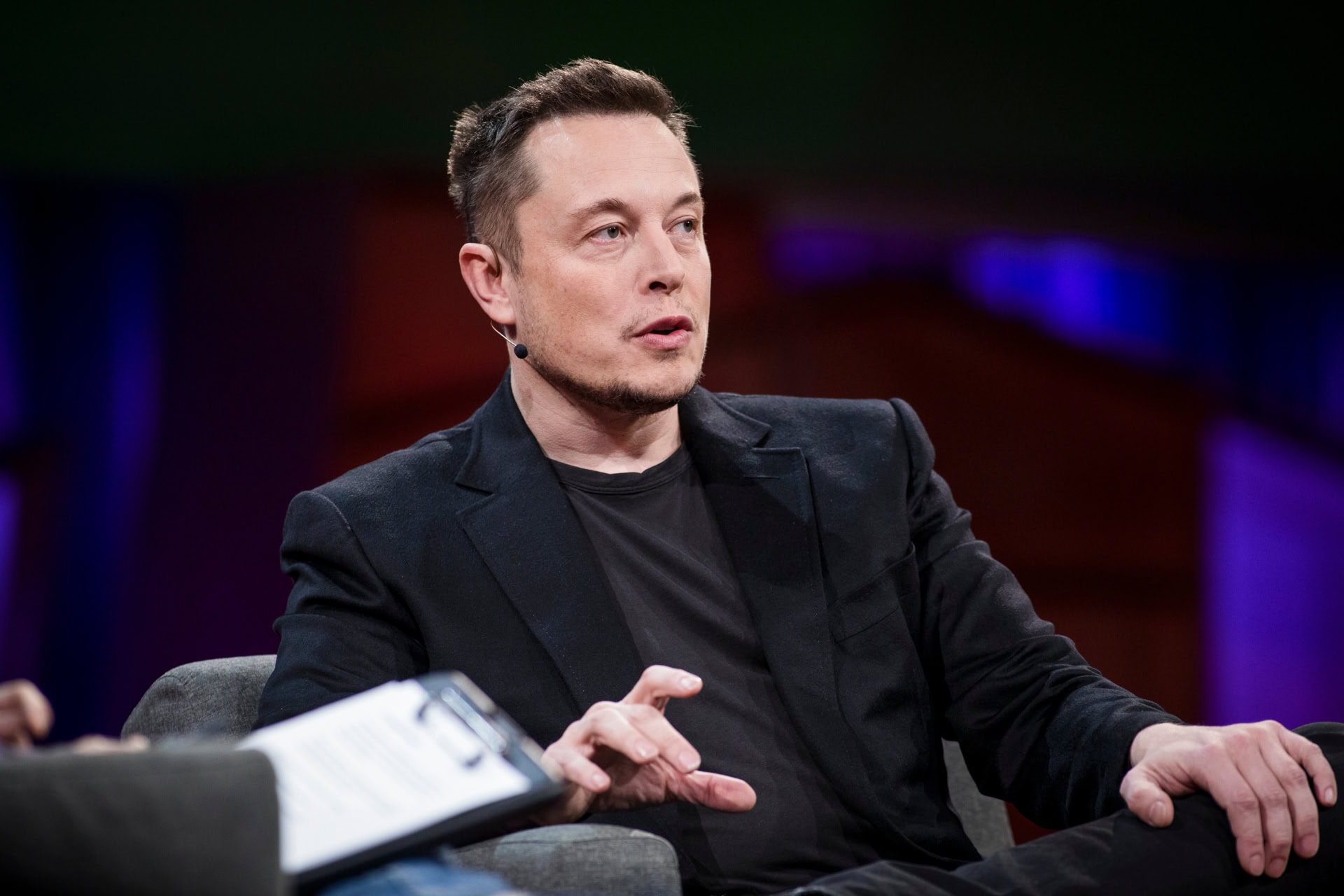Elon Musk’s turn towards Trumpism, as well as his work for DOGE, has had another effect: It’s completely changed what it means to be a Tesla customer.
For many years, electric cars were coded, culturally, as liberal, and specifically as a talisman of a certain type of smug, moneyed liberalism, while Democratic Administrations, especially under President Joe Biden and Transportation Secretary Pete Buttigieg, sought to encourage electric vehicle adoption as a matter of public policy.
On the other hand, conservatives were often skeptical of electric car technology, especially about mandates, subsidies, and other government actions that encourage electric vehicle ownership.
With Musk going MAGA, that’s begun to change. And there are indications that it hasn’t been good for Tesla’s bottom line.
The Tesla Culture War
Yes, there have been reports about vandalism and even destruction of Tesla dealerships and vehicles. There were reports this week about the burning of several cars at a Tesla sales location in Las Vegas. The Trump Administration has reacted to this by characterizing such actions as “domestic terrorism.”
There have also been protests at Tesla dealerships, led by a group called Tesla Takedown, which is aimed at hurting Tesla’s stock price, and therefore Musk’s net worth.
Trump and Musk have both accused Tesla Takedown of committing crimes, but there’s no solid evidence tying the group organizers — one of whom is “Bill Ted’s Excellent Aventure” actor-turned-filmmaker Alex Winter — to any destruction or vandalism. And contra Trump’s assurances, there’s nothing illegal about boycotting.
And while most people who aren’t fans of Musk’s political stances aren’t going to protests, some of them, it appears, are choosing not to buy Tesla cars. And some existing Tesla owners have vowed to trade in their cars.
Among them was Democratic Senator Mark Kelly of Arizona, who announced he was ditching his Tesla in favor of a Chevy, the same week President Trump held an event at the White House where he announced he was buying a Tesla.
Some celebrities, like actor Jason Bateman and singer Sheryl Crow, have announced they’re getting rid of their Teslas. Bateman said last year that driving a Tesla has become like “driving around with a Trump sticker,” although the actor’s sister, former Family Ties actress Justine, feels differently, declaring recently that she hopes schoolchildren are being taught about Musk, and that “He is exactly the type of person who should have a statue erected, honoring him.”
Is It Working?
Regarding Tesla’s stock, its value was down 41.6 percent year to date as of Thursday. The stock closed at $426.50 on the day of Trump’s inauguration and is down to $236.39 as of Wednesday.
As reported by Business Insider, Musk’s stake in Tesla — once the driving force behind his claim as the world’s richest man — is now worth less than his stake in the privately held Space X. Musk now owns about 13 percent of Tesla.
As for Tesla sales, the company announced in January that its annual sales had declined year over year for the first time in the company’s history.
This was attributed more to rising worldwide competition in the EV space than to politics, although the numbers were released on January 2, before Musk arrived in the government and the launch of the protests.
All eyes will be on the company’s Q1 sales report, although there are indications in the meantime that the market for used Teslas is “crumbling.”
Indeed, the rising competition, especially from Chinese EVs, is seen as much of a challenge for Tesla as the boycotts. There’s also the notion that Musk, while busy with DOGE, hasn’t exactly had his eye on the ball with Tesla.
Warnings From Analysts
“We struggle to think of anything analogous in the history of the automotive industry, in which a brand has lost so much value so quickly,” JPMorgan auto analyst Ryan Brinkman wrote in a note earlier this month, as reported by Fortune.
A group of analysts from Mizuho also wrote this week that “we believe [Tesla’s] sales woes are the result of a deterioration in geopolitics, brand perception (US/EU), share loss due to stronger competition (China), and softer-than-expected demand for the Model Y refresh.”
About the Author: Stephen Silver
Stephen Silver is an award-winning journalist, essayist and film critic, and contributor to the Philadelphia Inquirer, the Jewish Telegraphic Agency, Broad Street Review and Splice Today. The co-founder of the Philadelphia Film Critics Circle, Stephen lives in suburban Philadelphia with his wife and two sons. For over a decade, Stephen has authored thousands of articles that focus on politics, technology, and the economy. Follow him on X (formerly Twitter) at @StephenSilver, and subscribe to his Substack newsletter

